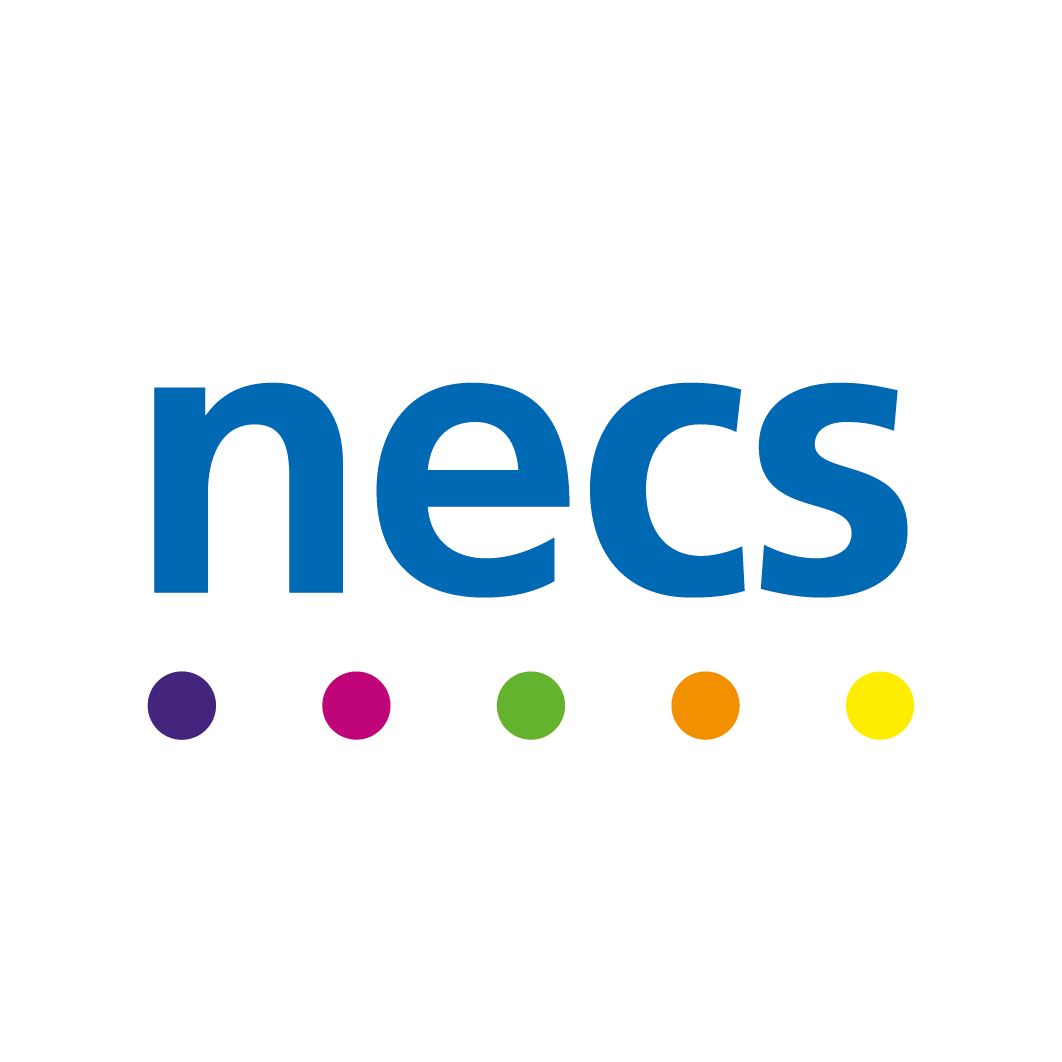
Research, evaluation and evidence are vital to delivering sustainable healthcare improvements and better outcomes for the population we serve. Our Research and Evidence team will support you to meet statutory duties in promoting research and the use of evidence in your decision-making.
Our offer
- Research governance – This ensures that research conducted within the system (in primary care) is in line with the Health Research Authority guidance.
- Knowledge mobilisation – Disseminate information about research and evaluation projects taking place nationally and host events designed to share learning and develop research and evaluation networks.
- Support and advice – We work with a wide range of commissioners, providers, professionals and academics to help develop and design research and evaluation projects. This includes supporting funding applications.
- Evidence synthesis – Rapid evidence syntheses often including a mix of academic literature, grey literature, and policy and practice literature.
- Evaluation – We typically design and deliver mixed methods evaluations using real world pragmatic approaches for new services, pathways and products. Our research and evaluation service include:
- Scoping and discovery work including document and literature review.
- Design and delivery of research and evaluation projects.
- Data collection and analysis including qualitative and quantitative.
- Dissemination of finding and recommendations.
We do this by using:
Evidence synthesis
Review of the evidence base – Our approach to reviewing the evidence base will be based around a three-step process. This will ensure a balance of academic rigour and pragmatic approach to delivery.
- We will work with key stakeholders to identify key topic areas, then refine these into key lines of enquiry (KLOES), finally developing these into research questions using the PICO (Population, Intervention, Comparison, Outcomes) process.
- We will undertake a scoping review of the literature to develop the search (inclusion/exclusion) criteria, search terms, search sources (databases), and define which methodology is suitable. These will include, but not be limited to, a systematic review, a narrative synthesis, or a desktop document review.
- A review will be undertaken with a report of the key findings, conclusions, and recommendations developed for sharing. Within this process we would expect to work closely with you to ensure the scope of the evidence reviews are fit for purpose and meet the needs of the project alongside.
While we will aim to maintain a pragmatic approach to this phase of the work, we will, where appropriate, base the approach taken on PRISMA or ROSES. Within the scope of this work, we expect that an academic approach will underpin the review of the evidence base, balanced against the timeline and resource required to deliver an understanding of the current literature that facilitates the development of an integration needs assessment framework.
Qualitative evaluation
Our approach would be informed by an initial stakeholder mapping exercise, followed by the development and delivery or a series of data collection exercises.
We have extensive experience of stakeholder engagement, with the public, professional, and senior leaders. Our stakeholder mapping approach is based on Mendelow’s Power-Interest Matrix. This will allow us to quickly identity relevant stakeholders and their required level of involvement. Through a range of kick off and introduction meetings, we will engage with these stakeholders to help develop and inform the more detailed evaluation approach and contribute to a deeper understanding. This will ensure engagement and value-adding contributions from key stakeholders and system partners and build on our existing knowledge base.
We will deliver a pragmatic qualitative analysis of the views of these stakeholders on the integration needs assessment. Using the findings from the review of the evidence base, we will work with key stakeholders to identify key topic areas for further exploration, then refine these into key lines of enquiry (KLOEs). Once agreed, we will be developing these into question guides for use in either interviews, focus groups, or surveys.
We will arrange a range of interviews, focus groups, or surveys, with key stakeholders and system partners. We will take a pragmatic approach how these methods are deployed. The analysis from the combination of approaches will synthesise the findings and create recommendations for discussion at the steering group and subsequent reporting stages.
Quantitative
Value for money – Health economics. To allow the customer to make informed decisions that aid in identifying the best way to spend resources to maximise outcomes and benefits providing an optimum combination of cost, quality, and sustainability, NECS will use health economics approaches to assess the grants programme to quantify ‘value for money’.
An economic evaluation is a comparative analysis of alternative courses of action or interventions in terms of both costs and consequences. NECS will apply the standards defined in Methods of the Economic Evaluation of Health Care Programmes that set out the standards for a good economic evaluation.
With the customer, NECS will review available data and develop a robust evaluation process that will:
- Define the impact or benefit.
- Develop a framework for measurement and quantification.
- Comparison to an alternative or counterfactual.
- Consideration of costs and timescale for impact.
NECS will work with you using established methodologies to evaluate and report such as a before and after study cost-consequence analysis.
The benefits
Our approach provides the following benefits:
- Helps you meet the statutory duties of promoting and supporting research, ensuring that you are using evidence-based decision making to improve services and outcomes for patients.
- Provides the opportunity to be involved in the development of new evidence. We work with a wide range of commissioners, healthcare professionals and academics and have strong links with regional and national research and evaluation networks.
- Delivers training to develop the workforce’s skills to find, appraise and apply research evidence in the commissioning cycle, including how to design an evaluation. We also offer bespoke training sessions specific to organisational and team needs and help commissioners and healthcare professionals to further their skills through support to access development opportunities, funding and mentorship.
Knowledge exchange activities: we host regular events designed to share learning and develop research and evaluation networks. These involve:
- Regular comprehensive reports to update NENC ICB on research and evaluation progressing in the area, in line with statutory responsibilities.
- Signposting and summarising new evidence from relevant research and evaluation projects via regular bulletins and our social media channels.
- Presenting at and attending regional and national research and evaluation conferences.
- Nurturing partnerships between librarians, academics, ICBs and clinicians to promote learning and sharing of best evidence.
Our evaluation service: we work to plan and deliver qualitative and quantitative evaluation of policies, processes, initiatives, services, and interventions to the high standards required by our customers. Our team is often commissioned to deliver programmes of work on a national, regional, and local level, working in close partnership with academics, NECS, NHS England, ICB and clinical colleagues.
Our Experience
Prostate Cancer Case Finding Evaluation
Contact the team
NECS Population Health team

